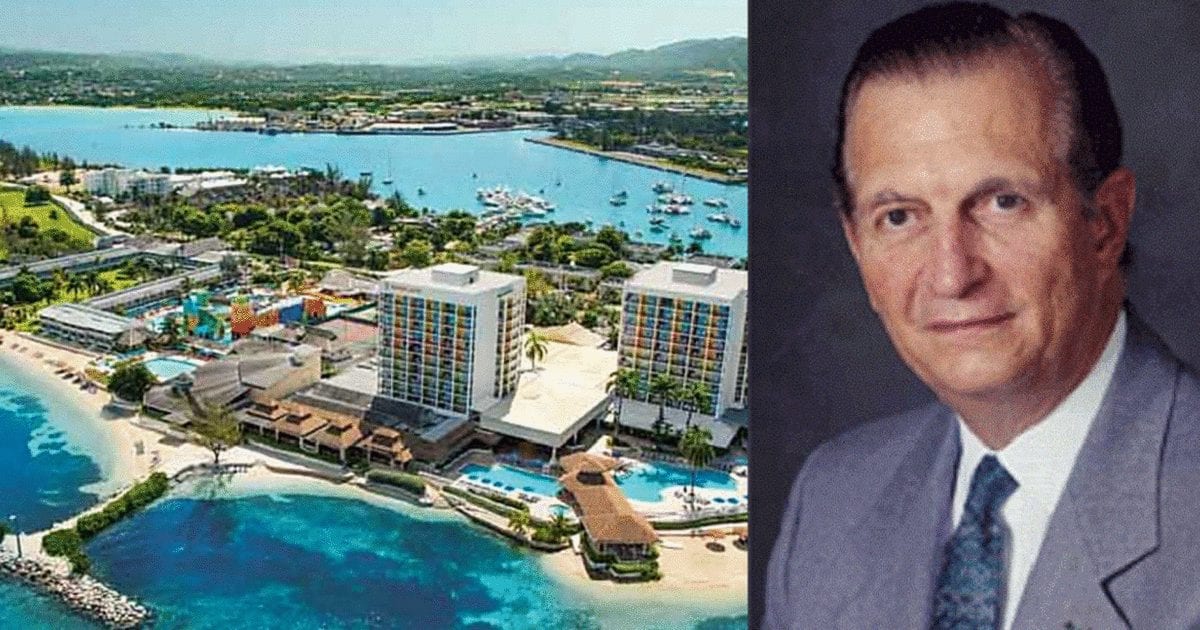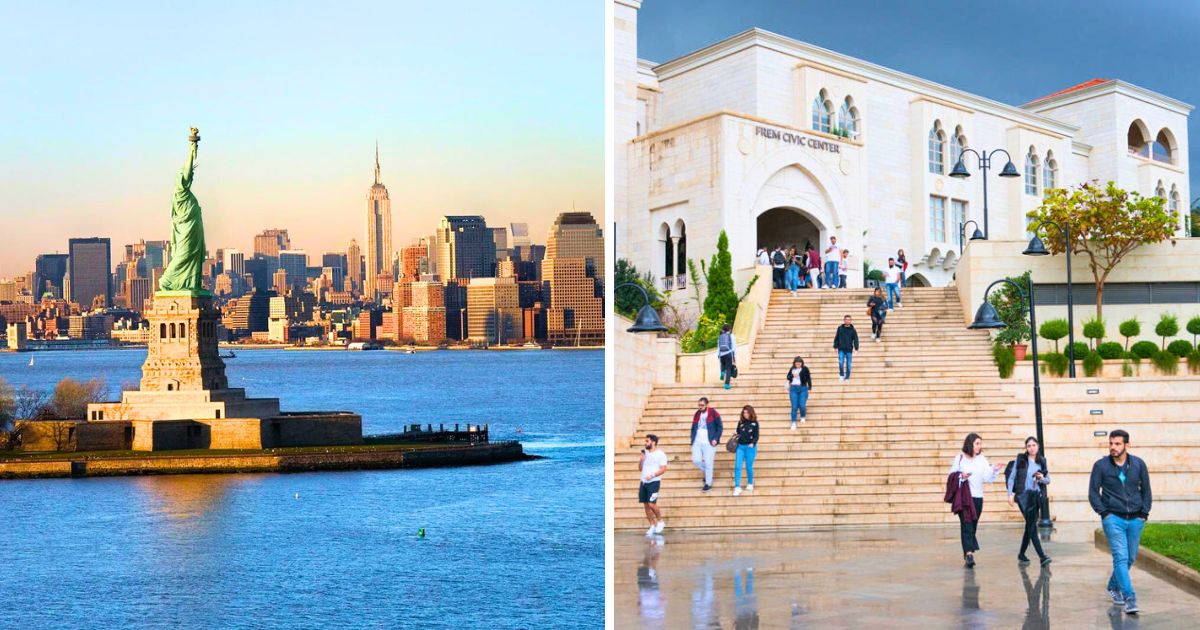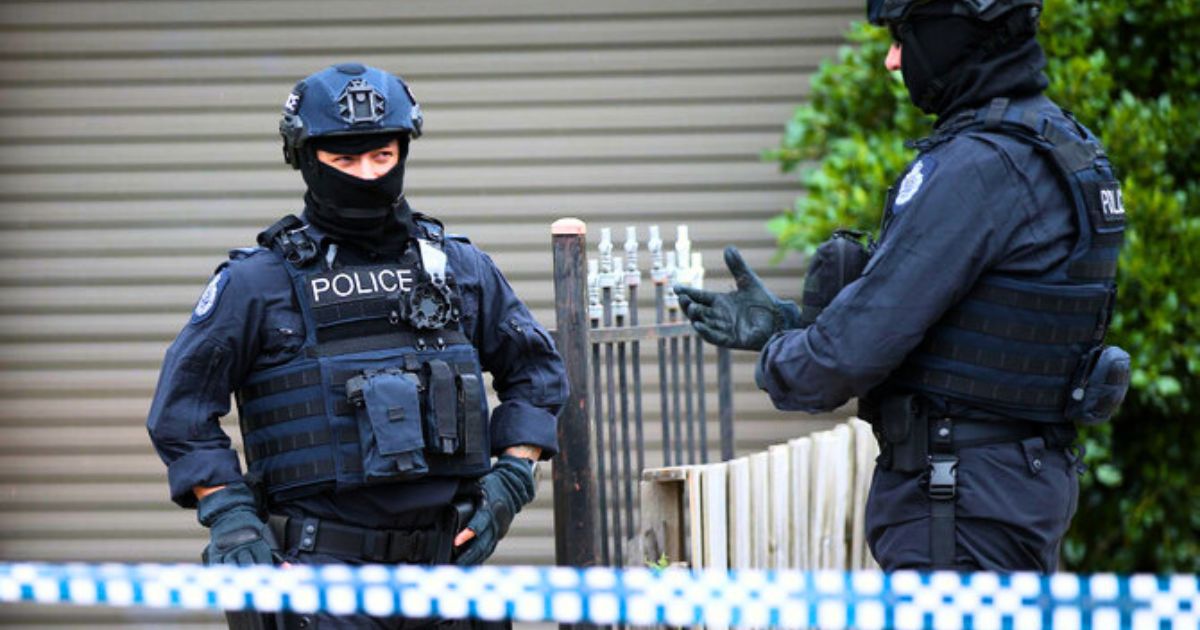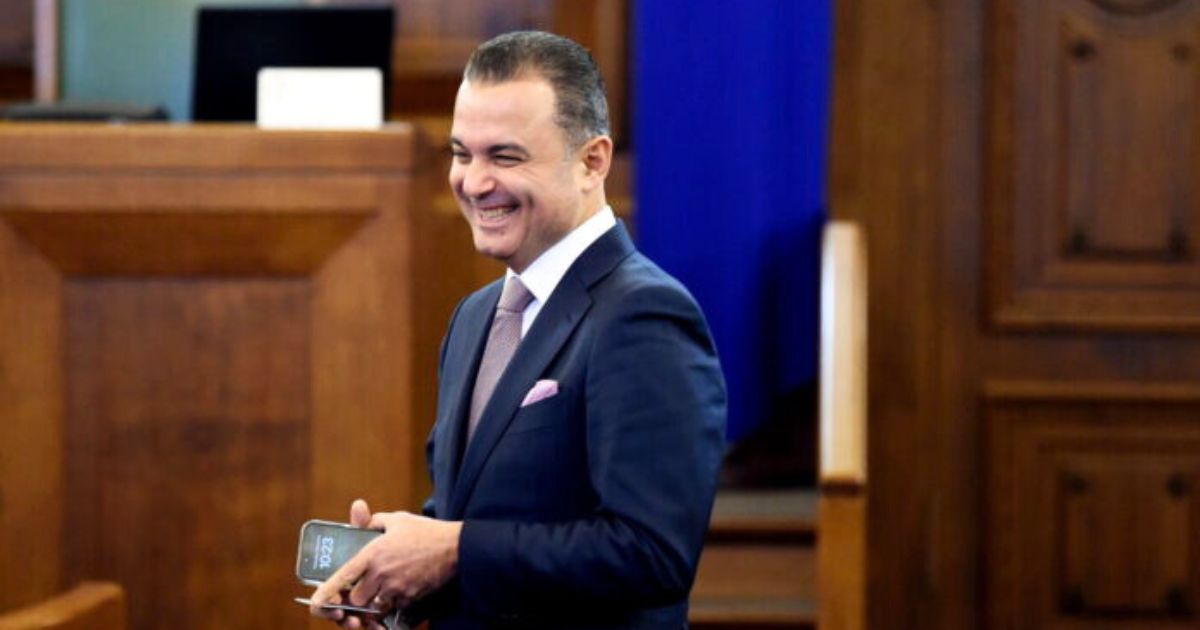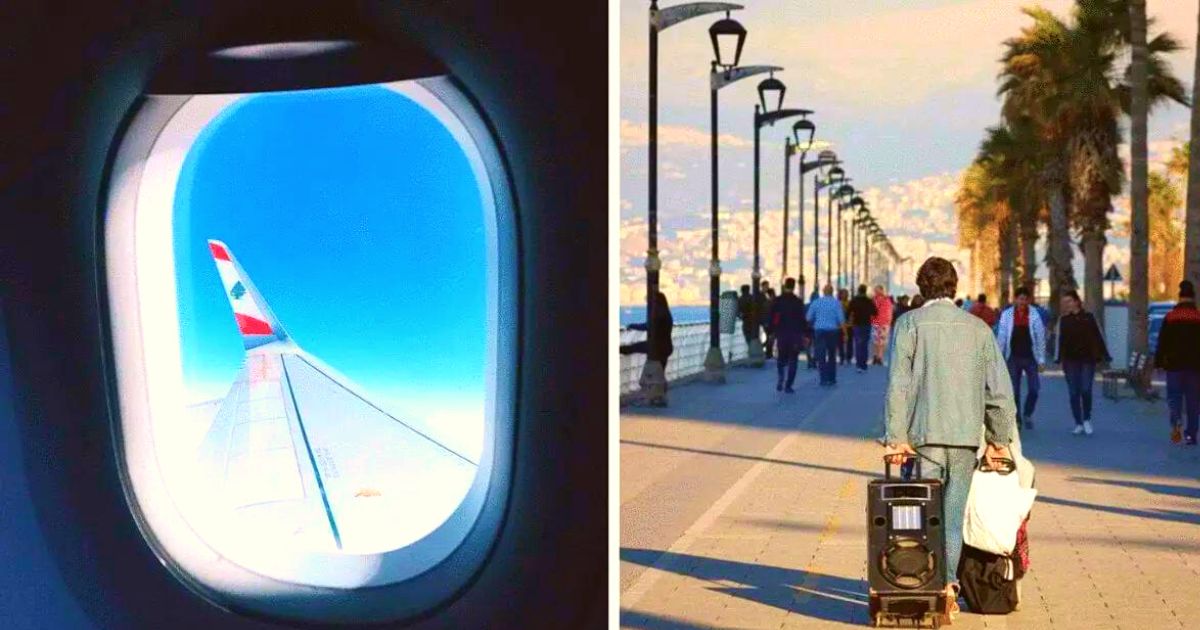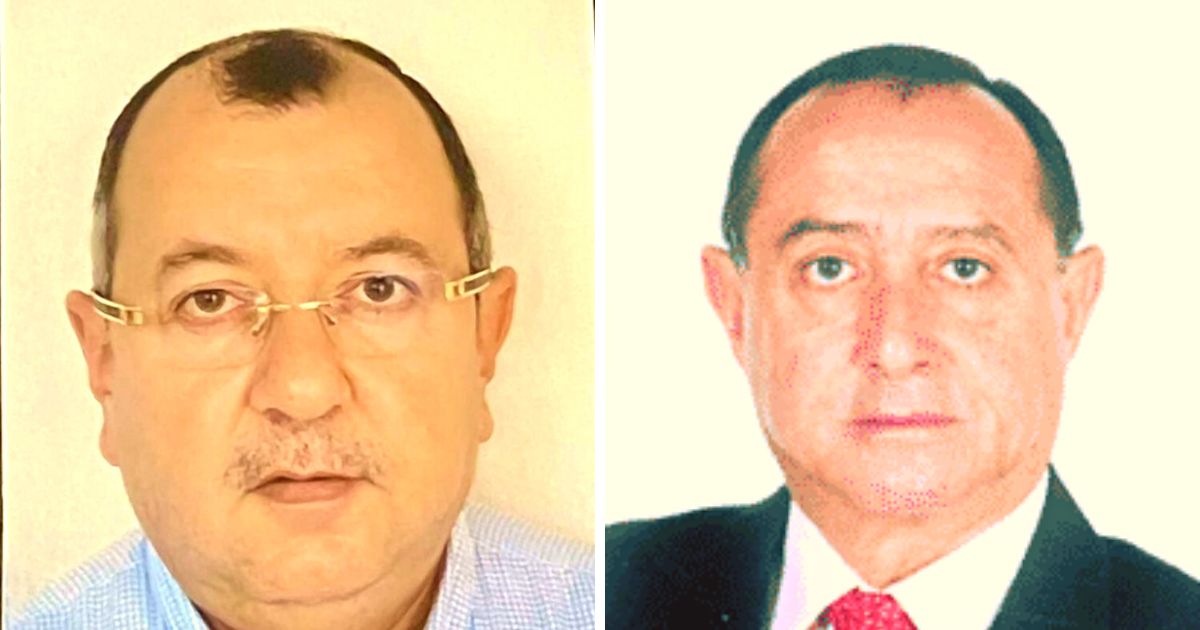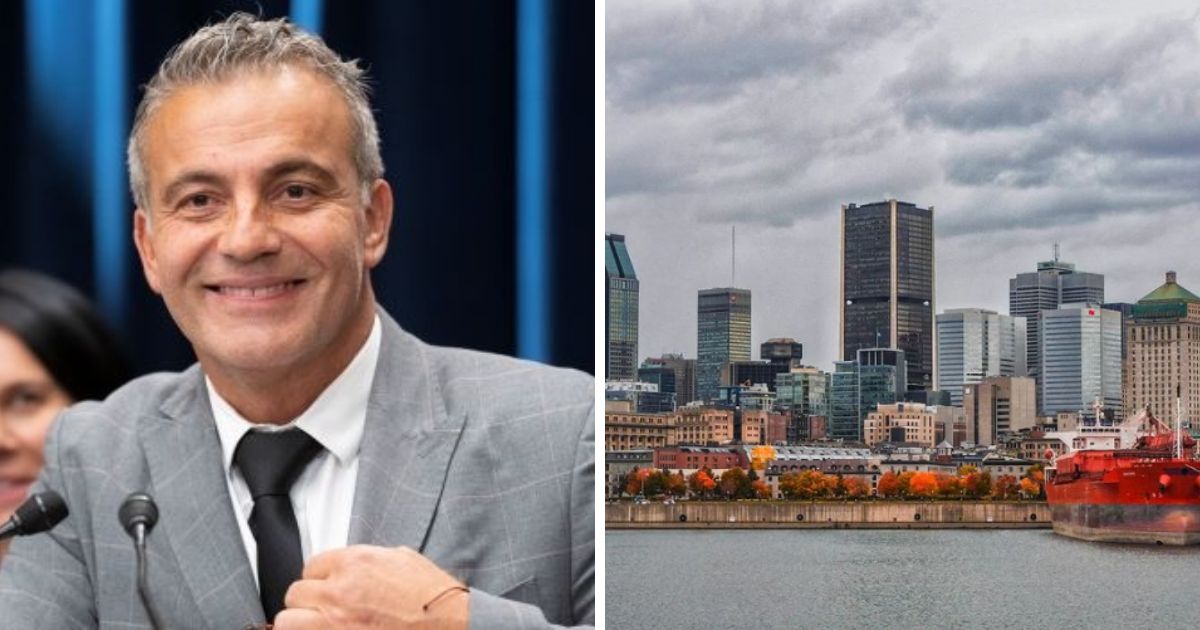Jamaica is an exquisite island country situated in the Caribbean Sea. Spanning 10,990 square kilometers in area, it is the third-largest island of the Greater Antilles and the Caribbean.
Jamaica lies about 145 kilometers south of Cuba, and 191 kilometers west of Hispaniola (the island containing the countries of Haiti and the Dominican Republic).
And sure enough, the Lebanese diaspora has made it there, made it their home, and actively assumed positions of leadership and influence in the process.
Edward Philip George Seaga was born on 28 May 1930, in Boston, Massachusetts, to Philip George Seaga, of Lebanese-Jamaican descent.
His parents returned to Jamaica with Edward when he was three months old. He was baptized in Kingston’s Anglican Parish Church on 5 December 1930.
The young Seaga was educated at Wolmer’s Boys’ School in Jamaica. He went to the United States for college, graduating from Harvard University in 1952 with a Bachelor of Arts degree in Social Sciences.
Before he began his political career, Seaga even dabbed in music, working as a music producer and promoter. He subsequently took a research post at the University of the West Indies.
Seaga’s political career began in 1959 when Sir Alexander Bustamante, founder of the Jamaica Labour Party (JLP), nominated him to serve in the Upper House of the Jamaican Parliament, the Legislative Council.
His appointment at the age of 29 made him the youngest member ever appointed to the Legislative Council. In 1961, he even participated in drafting the Jamaican Constitution.
In April 1962, Seaga was elected Member of Parliament for West Kingston, the waterfront area in the capital city. Historically, it has been the oldest settlement in Kingston for poor, working-class residents, many of whom are unemployed.
He held that seat for 43 consecutive years, until he retired, making him the longest-serving Member of Parliament in the history of Jamaica and the Caribbean region.
He is the only person to have been elected as Member of Parliament for West Kingston for more than one term and won 10 consecutive terms.
Immediately after winning his seat in 1962, Seaga was appointed to the Cabinet as Minister of Development and Welfare, with responsibility for all areas of planning, social development, and culture.
Following the 1967 General Elections, Seaga was appointed Minister of Finance and Planning. In 1974 he became Leader of the JLP, in which he served for 30 years; he was also Leader of the Parliamentary Opposition in various periods.
Edward P.G. Seaga became Prime Minister of Jamaica following the General Election of 30 October 1980, when the Jamaica Labour Party won a landslide victory over the incumbent People’s National Party (PNP), with the largest mandate ever.
The mandate of Seaga and the Jamaica Labour Party was renewed in the uncontested 1983 General Elections. He continued as Prime Minister until February 1989.
On June 12, 2018, Jamaica renamed the North-South Highway the Edward Seaga Highway, in his honor.
Jamaican Prime Minister Holness, who officially presided the ceremony stated that the gesture is in honor of Seaga’s “contribution, his work, his dedication, his sacrifice, and his life.”
Interestingly enough, Seaga continued to make music well into the 2000s, have a listen to Reggae Golden Jubilee – Origins of Jamaican Music, released on 6 November 2012 if you’re up for a change in tune.
Edward Seaga passed away just a few months ago in May 2019 at the age of 89, and Jamaica mourned him as one of the most loved political personalities the country ever had.
A State Funeral was held for him, and Jamaica declared 4 days of national mourning.
